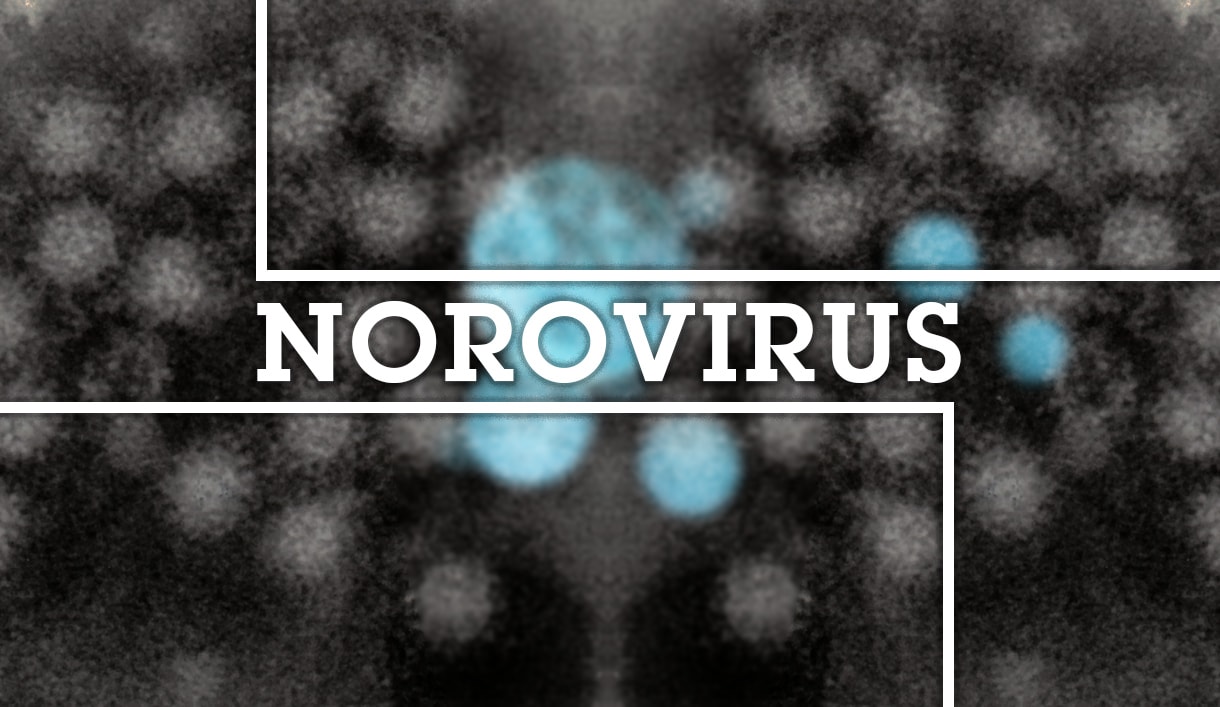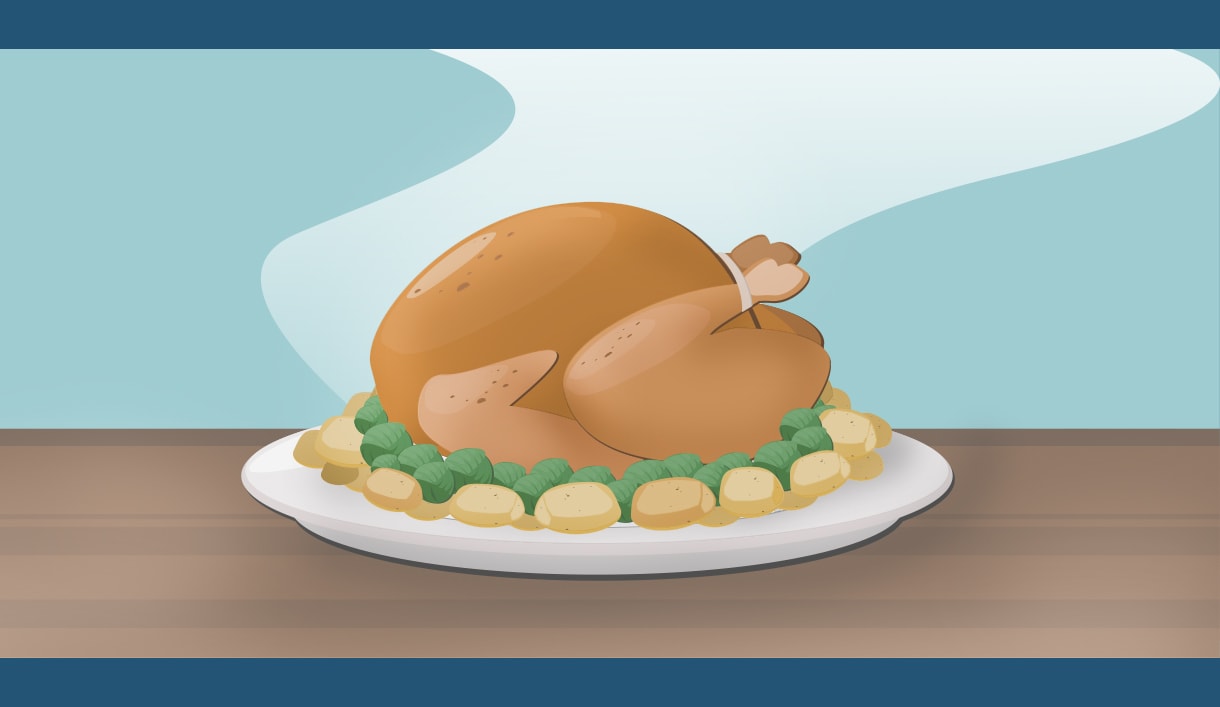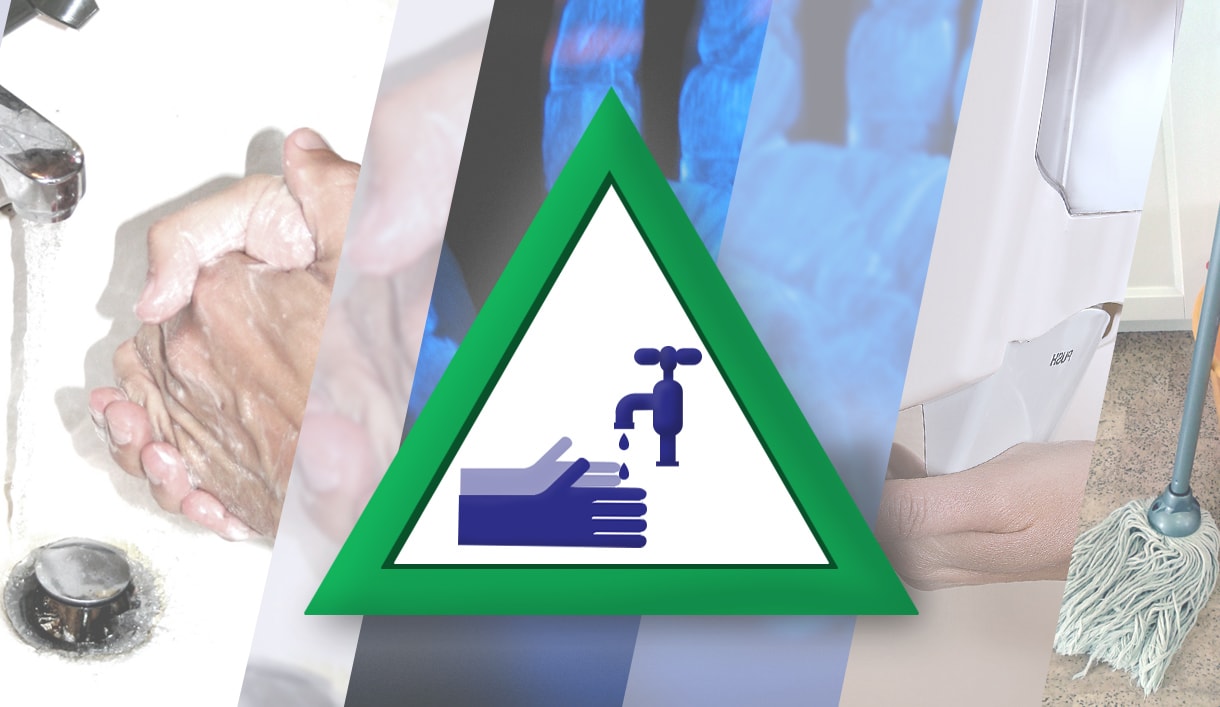Flu Season in the U.K.
Protecting Against and Recovering from Norovirus
With bug and flu season just around the corner, I thought it might be worth taking a quick look at one of the harshest winter bugs that has made a suspected appearance in a UK Mexican food chain leaving 9 restaurants closed; Norovirus.
In the U.K. Norovirus is the most common cause of gastroenteritis and is characterized by nausea, vomiting, watery diarrhoea, abdominal pain, and in some cases a loss of taste (perhaps explaining all the tacky Christmas jumpers around!). In this blog, I’d like to provide a rundown on the virus group and how hygiene can play a vital part in stopping their spread.
Scientific Classification and Symptoms
Noroviruses (NoV) are a genetically diverse group of single-stranded positive-sense RNA, non-enveloped viruses belonging to the Caliciviridae family. According to the International Committee on Taxonomy of Viruses, the genus Norovirus has one species, which is called Norwalk virus (Wikipedia).
Symptoms usually develop within 12 to 48 hours of exposure to infection and may include lethargy, weakness, aches and pains in the muscles, fever and headaches.
Having the Norovirus can be an unpleasant feeling, though it is not usually dangerous and full recovery can be made within two to three days – immunity to the virus is usually incomplete and temporary.
Virus Transmission and Basic Controls
The Norovirus can be transmitted person to person or indirectly from consuming contaminated food or drinks. Vomiting is a particularly efficient way of transmitting the virus.
It can be caught if particles of vomit or faecal matter from an infected person get into your system, possibly via:
- Close contact with someone with norovirus – they may breathe out small particles containing the virus that you could inhale.
- Touching contaminated surfaces or objects – the virus can survive outside the body for several days.
- Eating contaminated food – this can happen if an infected person doesn’t wash their hands before handling food.
Typically, salads and Shellfish are the foods most commonly implicated in outbreaks of norovirus. Ingestion of shellfish that have not been heated sufficiently (beneath 75 °C / 165 °F) poses a high risk for norovirus infection, while other food types may be contaminated due to infected food handlers.
Simple measures which can be used to control the risk of a Norovirus outbreak include using sufficient heating, while the possibility of surface contamination and spread can be reduced using chlorine-based disinfectants on surfaces.
What to Do if You Have or Suspect You Have Norovirus.
The NHS Choices website gives valuable information on what to do if you contract or suspect you have contracted the Norovirus.
‘If you experience sudden diarrhoea and vomiting, the best thing to do is to stay at home until you’re feeling better. There’s no cure for norovirus, so you have to let it run its course’.
(NHS Choices)
They also give the following advice to ease your own, or your child’s symptoms.
- Drink plenty of fluids to avoid dehydration. You need to drink more than usual to replace the fluids lost from vomiting and diarrhoea – as well as water, adults could also try fruit juice and soup. Avoid giving fizzy drinks or fruit juice to children as it can make their diarrhoea worse. Babies should continue to feed as usual, either with breastmilk or other milk feeds.
- Take paracetamol for any fever or aches and pains.
- Get plenty of rest.
- If you feel like eating, eat plain foods, such as soup, rice, pasta and bread.
- Use special rehydration drinks made from sachets bought from pharmacies if you have signs of dehydration, such as a dry mouth or dark urine – read more about treating dehydration.
- Adults can take antidiarrheal and/or anti-emetic (anti-vomiting) medication – these are not suitable for everyone though, so you should check the medicine leaflet or ask your pharmacist or GP for advice before buying them.
Norovirus can spread easily. Washing your hands regularly and staying off work (and for at least 48 hours after symptoms have cleared) while you are ill will help to stem the spread of the virus.
This is likely not the only bug you will be facing a risk from this winter, but treatment for most of them can follow similar rules; keep warm and well hydrated, keep hands and surfaces for preparing food clean and stay away from work or school/college to avoid passing the bug along.
Bugs, colds and flu’s are going to happen whether we like it or not. Following these simple guidelines will help you, your loved ones and colleagues to stay healthier this winter.
Ted Sturgeon









This is a really useful article, and highlights the fact that simply knowing how contamination happens is so important to preventing the spread of Norovirus, or any germs or allergens for that matter! Food hygiene education online offers so much information for everyone, from food industry companies and employees to everyday consumers. Great article, thank you!